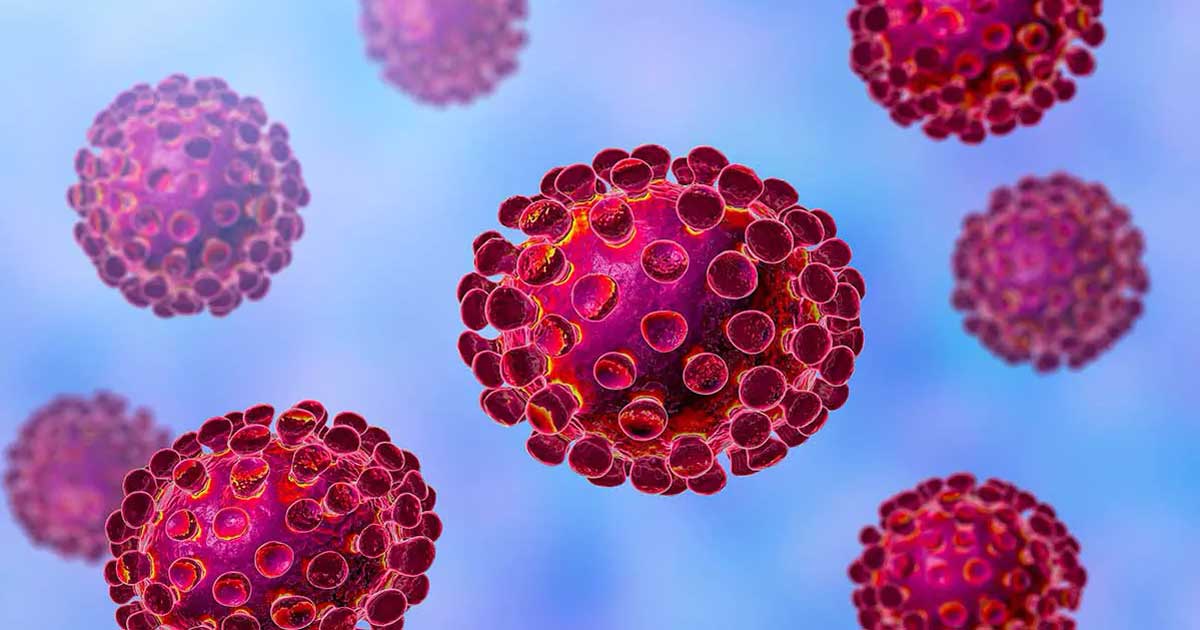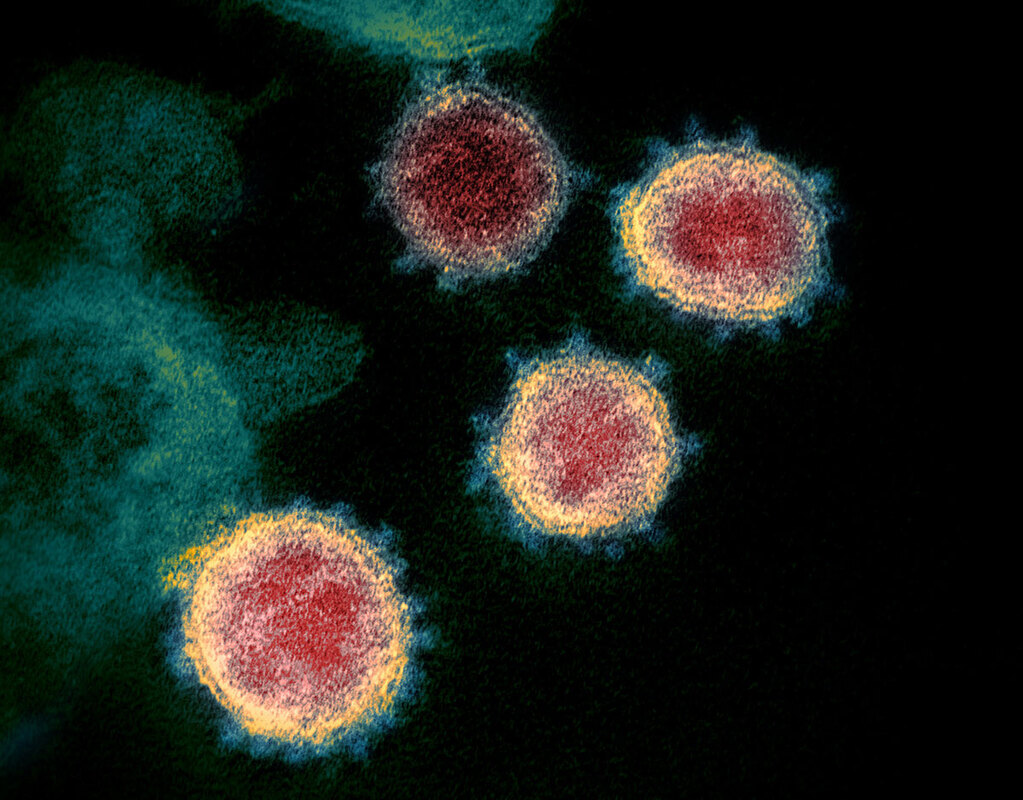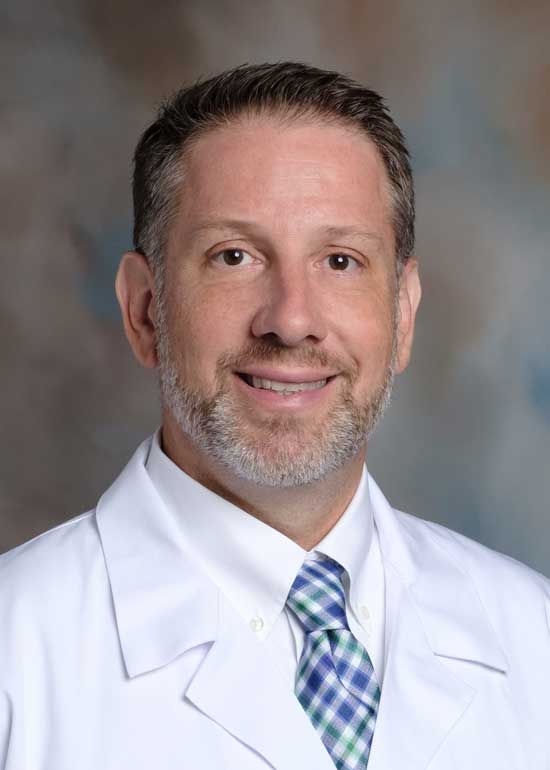Like everyone else, we've been reading everything we could get our hands on about the virus. But we still had several unanswered questions. We put them to infectious disease specialist, Dr. Nicholas Conger.
A: Traditionally for almost all viruses, warmer weather leads to decreased spread. Contributing to this is the fact that ultraviolet light and heat will significantly decrease a virus's ability to remain viable and infectious. However, human behavior changes as well. People are generally out and about outside more, and not in confined spaces where disease can spread more quickly.
However, for a novel virus like this with a non-immune population, we cannot count on weather alone to make it go away. Q: We've heard conflicting reports on the length of time that the virus can stay alive on surfaces. Can you please give us some basic guidelines? A: It is more accurate to discuss the length of time of virus can be detected on a surface rather than "stay alive," since viruses themselves are not technically living creatures. So there are many studies on this virus and other viruses that give conflicting results of being discovered on surfaces from 1 to 3 days. However, it is important to understand that they test for the genetic material of the virus. This does not, then, tell us if that virus is what they call "viable," or capable of transmitting infection for that length of time. Generally speaking, even if a virus can be detected via genetic material days later, it would be much less contagious and possibly not even capable of transmitting disease the longer it stays on that surface. Rather than focusing on how long the virus can stay on any particular surface, my recommendation is to focus on disinfecting possibly contaminated surfaces frequently, especially during an outbreak like this.
Q: Is it true that the human body's normal immunity defenses don't recognize viruses that originate in animals and that's why this particular virus is so dangerous? Either way that's answered, is there anything we can do to make ourselves less vulnerable to infection if we are exposed?
A: It is important to realize that there are millions of viruses in the world, and comparatively a minuscule amount are capable of causing disease in humans. Many viruses have a "home' in a particular animal. There are many strains of influenza, for example, that are found in birds and horses, but not all have found a way to "jump" to humans. Anytime a virus "jumps "from an animal to humans there is a chance it can cause new and potentially devastating disease in humans. Again, using influenza as an example, a common way for it to get to humans is from birds or horses or through pigs. This is because the respiratory epithelium, or the surface cells in a pig’s mouth, nose and eyes, are very similar genetically to those of humans. So with a virus confined to home in the throat of a pig, then it has a good chance of finding a home in the throat of a human. That is why several times in the last century you have heard the term "swine flu." This still does not guarantee that the new virus will cause sickness in humans, or even if it does, that it will be easily spread from human to human. It is unusual for a virus to jump from an animal to human that has the potential to both make humans ill and spread easily from person to person. This coronavirus, however, seems to have achieved that. Coronaviruses are relatively newly described viruses in the last several decades, and the animal where they are known to exist routinely is the bat, but sometimes camels and cats as well. I know of no way to make one less vulnerable to infection after one is exposed to SARS-COV2. The variation in patient responses to infection with his virus most likely have to do with the genetics of the patient in the genetics of the virus and any underlying medical conditions of the patient. The healthier one is prior to being infected with this virus, as with most infections, would be advantageous. Q: Considering where we are now, what's the main thing that we should be doing that we aren’t? A: My hope is that people are doing what they can. That is, limiting their trips to the store and exposure to other people, not congregating in large groups, frequent use of hand-washing and hand gel, wiping down surfaces, and most importantly, self-isolating if they are ill, even away from other members of their household as much as possible.
Comments are closed.
|
Archives
March 2024
Categories
All
|
Shoofly Magazine Partners
Our Shoofly Partners are local businesses and organizations who share our mission to enrich community life in Bay St. Louis, Waveland, Diamondhead and Pass Christian. These are limited in number to maximize visibility. Email us now to become a Shoofly Partner!































 RSS Feed
RSS Feed























